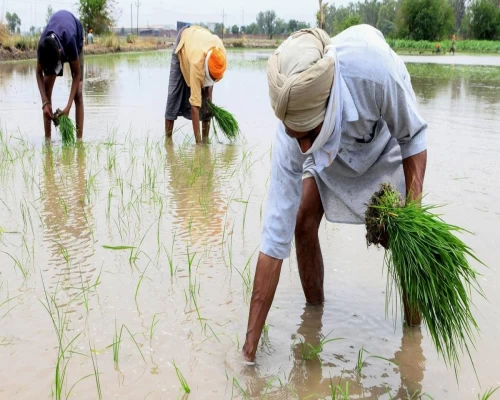
New Delhi: While the share of the agriculture sector in India’s economy has progressively increased in the last few years, the sector’s importance in India’s economic and social fabric goes well beyond this indicator. First, nearly three-quarters of India’s families depend on rural incomes and the country's food security depends on producing cereal crops, as well as increasing its production of fruits and vegetables, to meet the demands of a growing population with rising incomes. To do so, a productive, competitive, diversified, and sustainable agriculture sector will need to emerge at an accelerated pace.
With this background, the Government of India is committed to initiate policy actions and public programs to lay a solid foundation for a much more inclusive, productive, internationally competitive, and diversified agricultural sector – a vision nurtured by none other than Prime Minister Narendra Modi. Many economists suggest that certain types of sustained financial support to the farmers to augment their incomes and to enable them to take care of expenses related to agriculture and allied activities as well as domestic needs, is far better than resorting to farm waiver.
Considering the need for such positive supplementary income support for the farmer families in the country, Prime Minister Modi, on 24.02.2019, launched an ambitious, one of its kind scheme for farmers’ welfare - the Pradhan Mantri Kisan Samman Nidhi (PM-KISAN). Under the scheme, the eligible farmer families are provided a benefit of Rs. 6000/- per year in three equal installments of Rs. 2000/- each, every four months. The benefit is transferred directly to the bank accounts of eligible beneficiaries through Direct Benefit Transfer mode, using modern digital technology.
Since the launch of this path breaking scheme, there has been no looking back. The scheme has since crossed many milestones and has received accolades from various organizations, including the World Bank, for its sheer vision, scale and seamless transfer of funds directly to the accounts of eligible farmers. A study conducted by International Food Policy Research Institute (IFPRI) on farmers of Uttar Pradesh indicates that the benefits under the PM-Kisan reached the majority of farmers and they received full amount without any leakages. As per the same study, the scheme has significantly helped those who are relatively more dependent on agriculture.
So far, more than 11 crore eligible farmer families have received the benefits under PM-KISAN after getting error free, verified, and validated data from the State/UT Governments. A total amount of more than Rs 160982 crore has been released to the eligible families. To top it, Rs 107484 crore has been transferred to farmers under the PM-KISAN scheme during the COVID period. In the current financial year 2021-22 itself, an amount of more than Rs 44,689 Crore has already been released and with the 10th installment released by the Prime minister on 01.01.2022, this amount is expected to cross well over Rs 65,000 crore. As is usual with schemes of this gigantic scale, the implementation of the PM-KISAN has successfully faced numerous challenges. The scheme is being implemented with continuous improvements in the shape, modalities, and mechanism of transfer of funds.
Several procedural interventions and campaigns have been implemented from time to time to ensure smooth and speedy transfer of financial benefits to the beneficiaries. According to the situation, the operational guidelines of the scheme have been revised from time-to-time to ensure that all the States contribute to this noble cause for the welfare of the farmers of the country. The scheme has truly been a shining example of cooperative federalism. Farmer’s enrollment under the scheme has now been simplified.
The Common Service Centers (CSCs) across the country have also been authorized on payment of nominal fee to register the farmers for the scheme. To make the registration of farmers even more user-friendly, a special mobile app has also been launched by the Government of India. The States/UTs have also been asked to conduct social audits at the Gram Sabha level to bring in greater transparency in implementation of the scheme. Some States have, in fact, have already completed the social audit in all the Gram Sabhas.
Our agricultural institutes have been in the forefront when it comes to registration of the farmers and helping them make use of the benefits received under PM-KISAN. No wonder that the PM-KISAN beneficiaries saw a 36-percentage-point higher adoption of modern technologies when they accessed KVKs (Krishi Vigyan Kendra), implying that the presence of PM-KISAN has magnification effects on KVKs. It confirms that there was a significant role of PM-KISAN in stimulating the adoption of modern technologies through KVKs, which, in turn, provides a pathway to encourage farmers to make productive investments in the agriculture sector.
As per the IFPRI study, the farmers receiving cash transfers under the PM-KISAN were more likely to invest in buying seeds, fertilizer, and pesticides. Also, as per the studies done during the Covid-19 lockdown, the fungibility of funds received under the government transfer package was statistically significant in alleviating credit constraints and increasing agricultural investments in agricultural inputs. During conversations directly with some of the beneficiaries from multiple states, one of the farmers, Yashwant Singh, who is a small farmer from Khirsu village in Pauri Garhwal of Uttarakhand revealed that he grows all types of pulses in his 0.40 hectares of land and he uses PM KISAN benefits to purchase seeds and other raw materials like pipes which are essential for efficient and productive farming.
He believes that PM KISAN has increased his income, both directly and indirectly by providing him with extra support for raw materials for his crops and has become an important aid for most of his farming needs. Likewise, Rakesh Kumar, a farmer from Kathua district of Jammu and Kashmir is a regular farmer who owns 4 acres of land. He grows sugarcane in his lands and arranging fertilizers and pesticides for his crops was difficult during covid pandemic. But, when he received his benefits under PM-KISAN, it was really a big relief for him and his family. With the help of this money, he managed to purchase seeds, fertilizers and pesticide in time.
Undoubtedly, the significance of PM-KISAN is that, for the first time, an attempt has been made to transfer income directly to farmers without using price policy (of either inputs or output). It provides support to small, marginal and needy farmers who struggle to invest in agriculture inputs or technology. It can serve as an important complement to a broader rural development agenda, including a pro-farmer growth strategy focusing on agriculture, and ultimately leading to increase in income of the farmers.
As per the IFPRI study, the disbursement of cash transfers in many States/UTs showed that PM-KISAN benefits proved to be relief packages in advance for the vulnerable farmers of the country. Overall, 89-94 per cent of households in these States benefited from direct cash transfers. Lower transaction costs, minimal leakages, and immediate delivery make a strong case for direct cash transfers to such farmers. It is obvious to reflect on the stupendous impact this scheme has had on the lives of the farmers by directly benefiting them in times of their need, with no one between them and the Prime Minister of India. /PIB/
(The author is Secretary, Department of Agriculture and Farmers’ Welfare, Government of India. The views are his personal.)


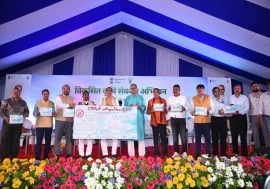
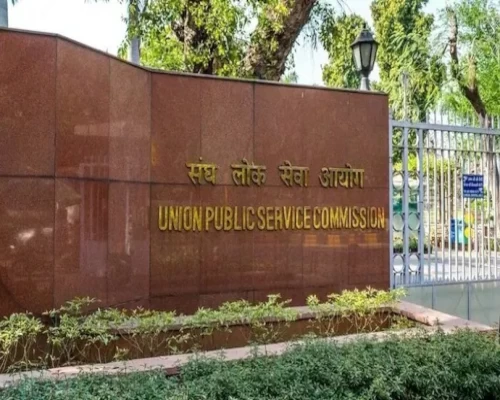
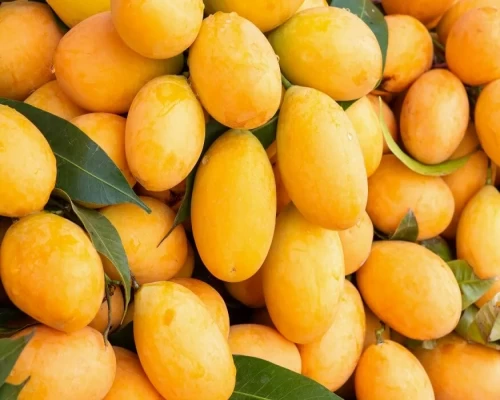

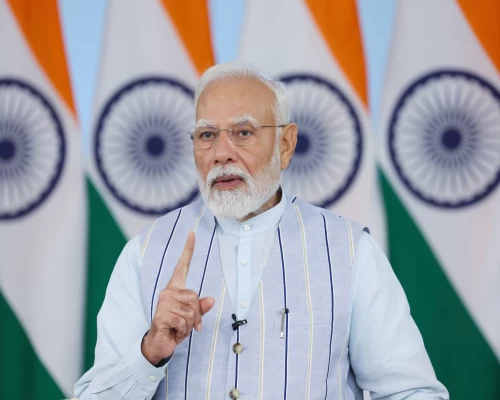
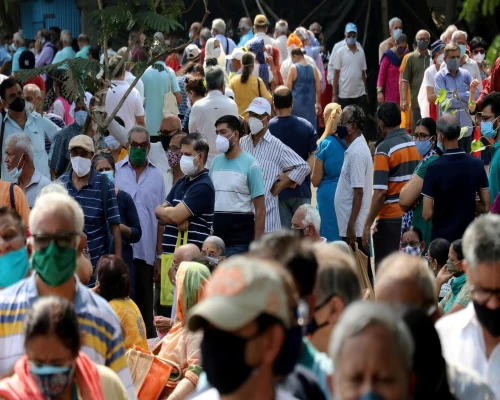
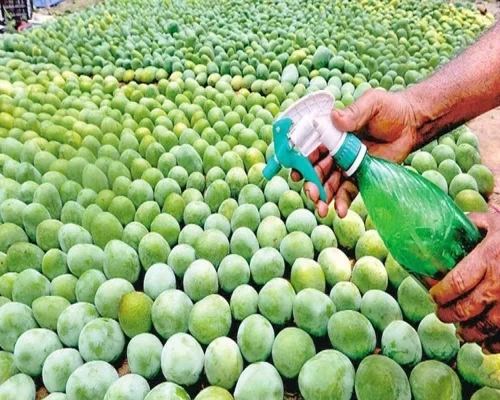
 (13)_500_x_400.webp)
